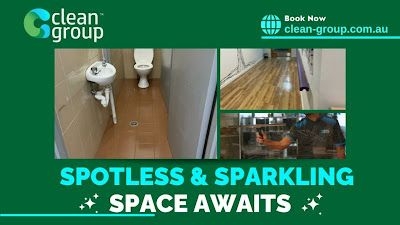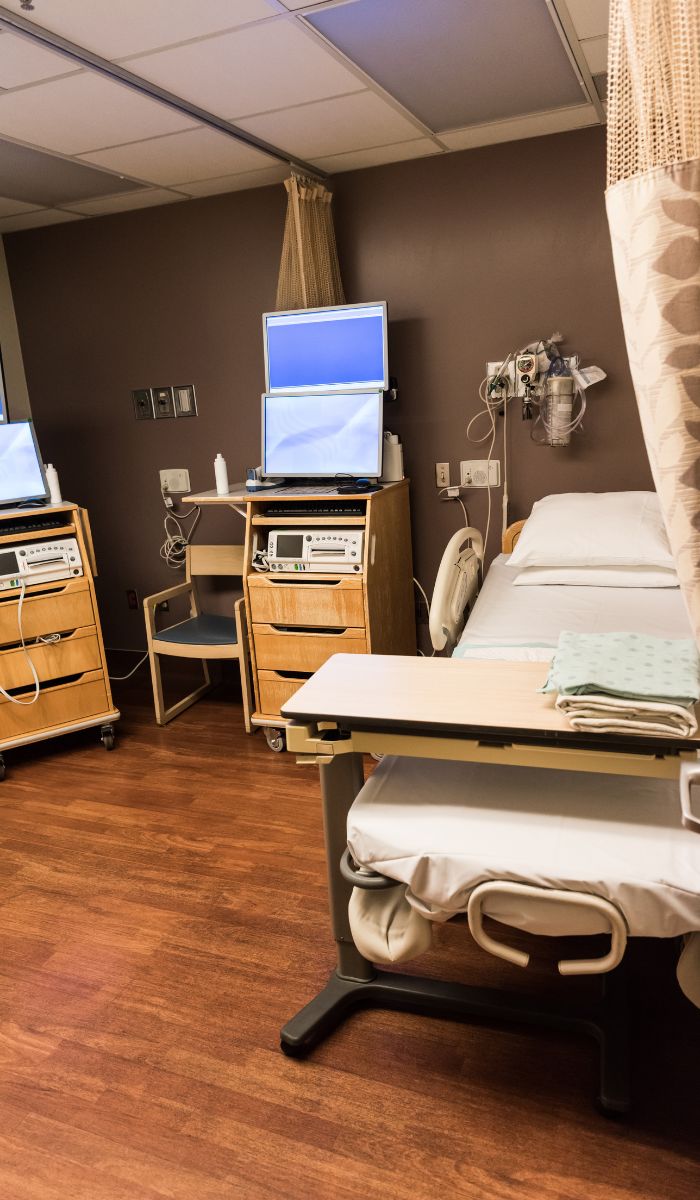
The Future of Automation in Commercial Cleaning
Differences Between Custodians, Janitors, and Porters
The role of commercial cleaning has evolved far beyond basic maintenance. Today, it is recognized as an integral element of business strategy, facility management, and public health. As the industry continues to expand and adapt, it drives innovation, raises professional standards, and elevates the importance of cleaning professionals across various sectors. In a post-pandemic world, cleanliness and hygiene have become top priorities for businesses seeking to ensure employee well-being, build client trust, and maintain operational productivity. A clean workplace promotes employee morale, reduces illness transmission, and enhances the aesthetic and functional appeal of a facility. Companies that prioritize hygiene are often perceived as more responsible and are better positioned to attract and retain top talent who value safe and sanitary work environments.
Additionally, the growing popularity of smart buildings has further pushed the cleaning industry to adopt advanced technologies. Smart sensors are being employed to monitor areas that require cleaning or disinfecting, notifying cleaning staff when high-traffic zones or surfaces need attention. Clean Group provides comprehensive and professional Clean Group A Trusted ISO Certified Company across Sydney, NSW. Our fully insured, trained, and security-verified cleaners ensure your workplace stays spotless and hygienic. Schedule a free onsite quote today—book online or call us at 02 9160 7469. Get your obligation-free commercial cleaning estimate for offices, buildings, and other business spaces in Sydney.. This real-time data collection allows for a more targeted approach to cleaning, ensuring that resources are utilized where they are needed most, reducing waste, and improving overall efficiency. These sensors are often integrated with other building management systems, which can help create a more cohesive and sustainable approach to facility management.

